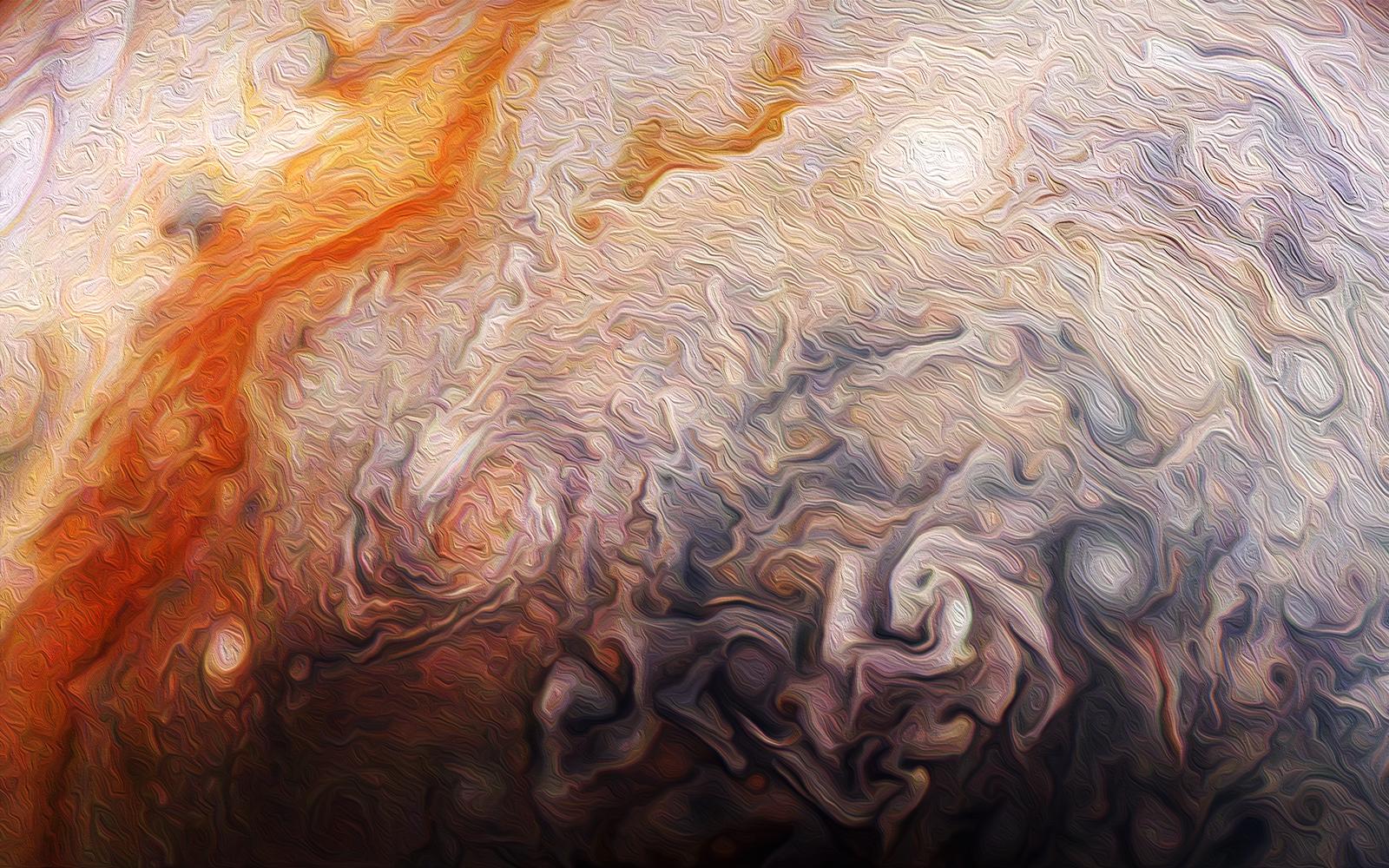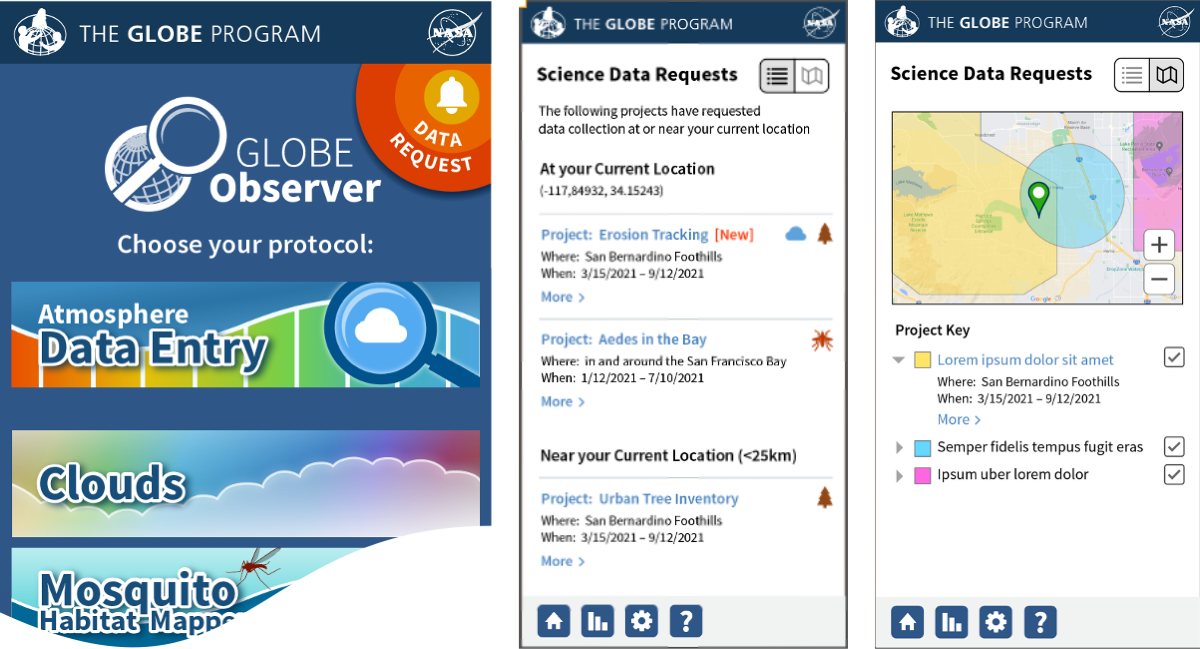We continue Citizen Science Month with these ongoing NASA projects! Remember: everybody can participate in science - not just professional scientists. Although it is referred to as citizen science, people from around the globe can participate. In fact, many valuable scientific programs need the help of everyday people to succeed!
"Citizen Science" (also called "Community Science") programs invite the participation of many interested individuals to help scientists collect and analyze data. In many cases, people can help where professional scientists and computers can't - spotting both patterns and unusual and overlooked objects in terabytes of astrophotos in Galaxy Zoo, for example. Some programs, like GLOBE Observer and Globe at Night, encourage participants to gather and submit their own data about the natural world using their phones or just their own eyes. Some programs even need help from individuals in training AI to recognize patterns in data, or scouring old data for new insights. Some programs, like JunoCam, even encourage participants to analyze raw data from space probes! There are even multiple programs devoted to discovering exoplanets.

We highlighted a few fun program in our "Do Science with NASA" article from 2020, but those only scratch the surface of available projects! NASA has many programs that need your help, and you can find many of them on NASA"s Citizen Science page. The folks at Zooniverse have also collected an incredible number of amazing programs. We held an informative webinar with Dr. Marc Kuchner in 2020, where he gave Night Sky Network members an overview of the many ways you can do science with NASA.
Discover more opportunities on the NASA Citizen Science Facebook page and join the NASA citizen science Facebook group: Do NASA Science!
The NSN hosted a webinar on April 29, 2021 with folks from Astronomy magazine, SciStarter, and the heads of several amazing programs, where you can learn more about these amazing projects - Aurorasaurus, Spiral Graph, and Smartphone Astrophotography - and how you can participate: https://nightsky.jpl.nasa.gov/news-display.cfm?News_ID=707
There are more details on SciStarter's dedicated page, too - including links to jump-start your participation in these projects: https://scistarter.org/AstronomyMag
Originally posted by Dave Prosper: September 2021
Last Updated by Kat Troche: March 2024





























